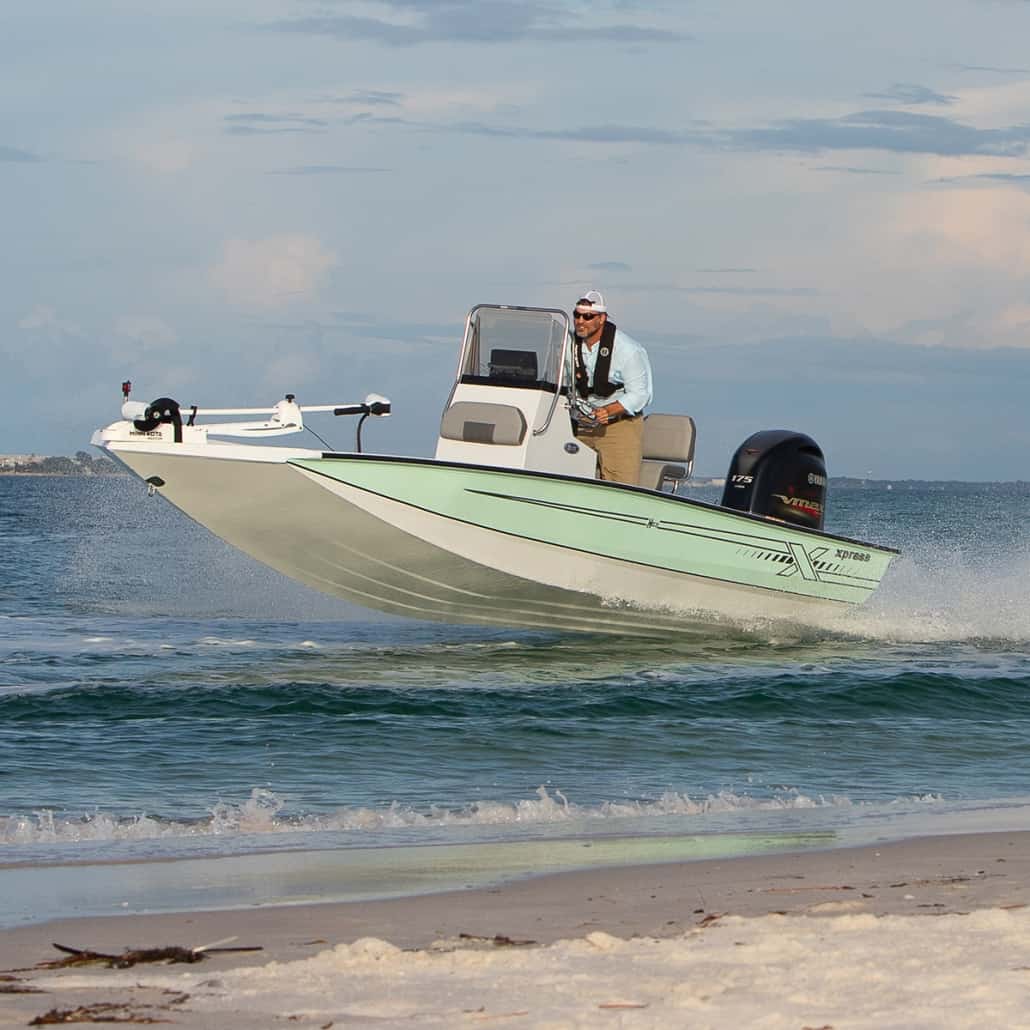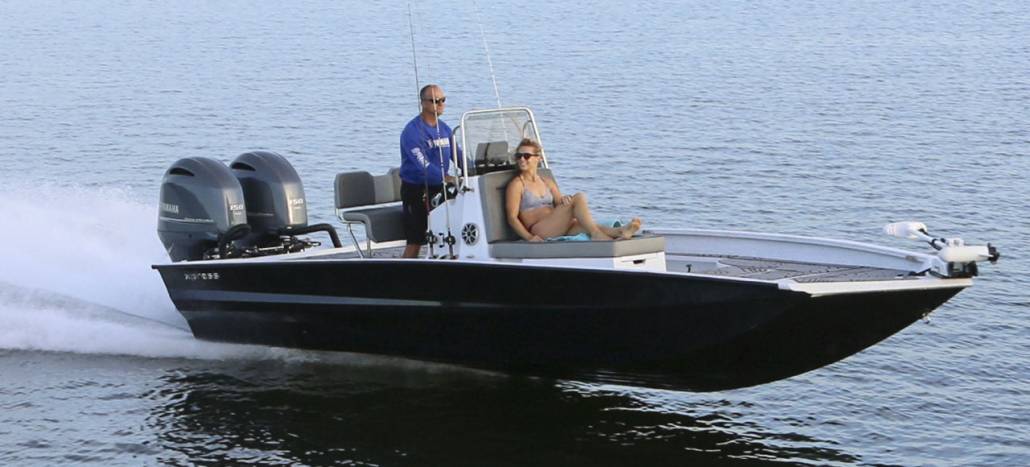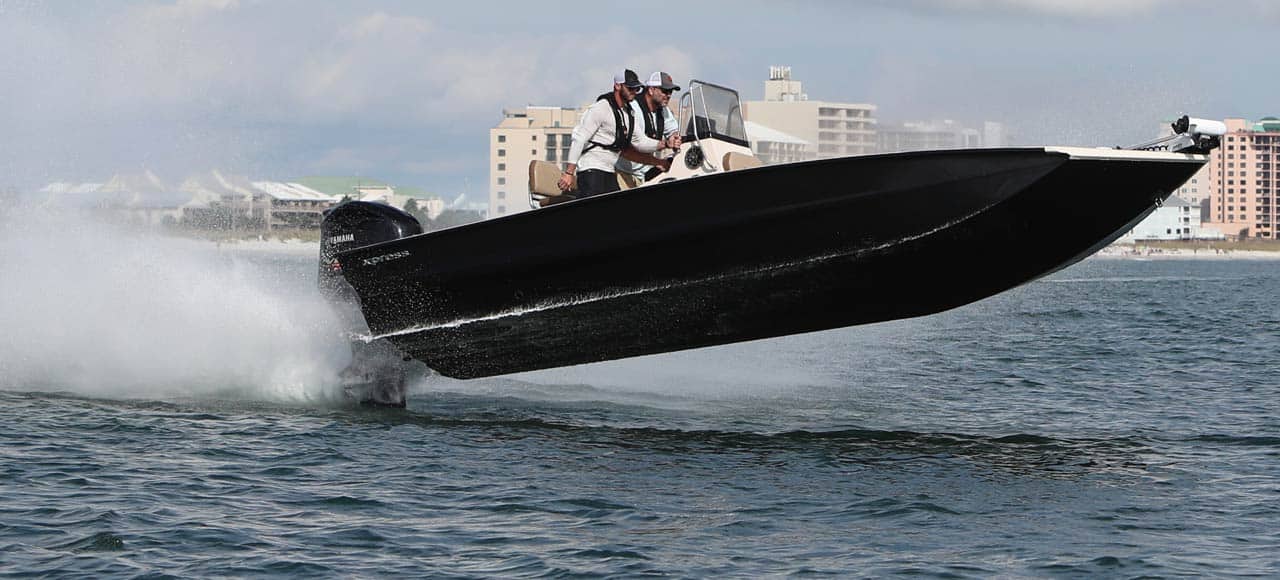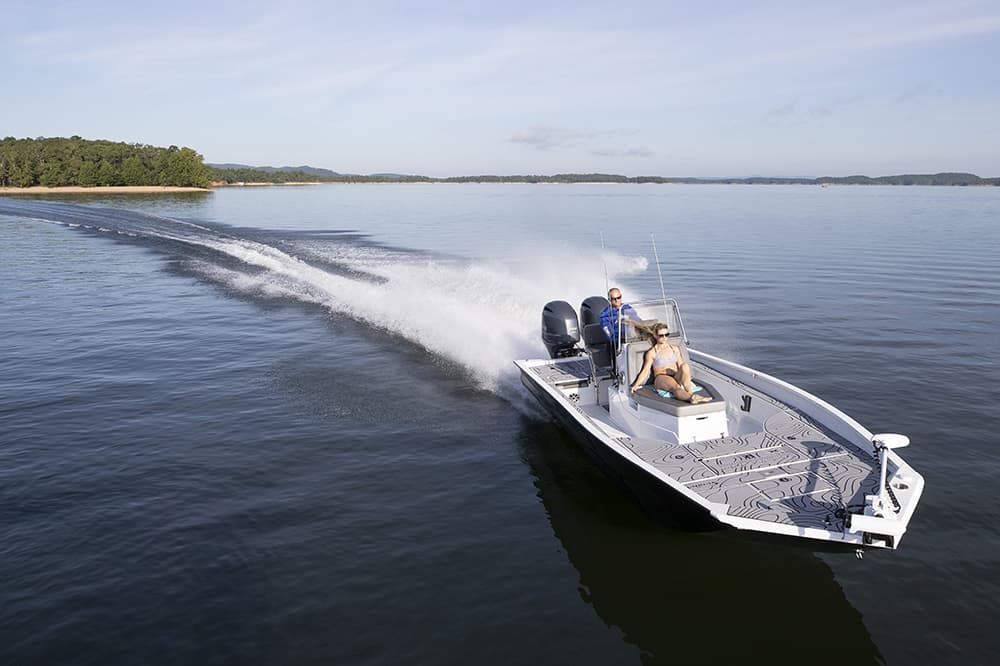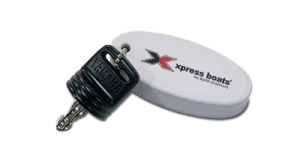Why aluminum is a good choice for saltwater boats?
Corrosion resistance
Aluminum, like fiberglass, is resistant to saltwater corrosion. It is especially durable when alloyed with metals like zinc or magnesium. This quality makes aluminum a very good alternative to fiberglass. Fiberglass hulls are often fitted with parts made from metal. If these parts start corroding, they can affect the durability of the fiberglass due to wear and tear.
Lightweight
Aluminum is lighter than steel, and even fiberglass (for boats of the same type and size). This quality makes it easier for you to haul and launch your boat. Especially if you’re using a trailer or have to lift it onto a davit.
Durability
Aluminum boats are especially known for their durability and toughness. They can withstand saltwater corrosion. They can weather through rougher water conditions and high waves in deeper waters. They can also take on and endure impacts and bangs from submerged branches, stumps, or rocks.
Low Maintenance
Your aluminum boat requires less maintenance. This is especially convenient if you’re using your boat in saltwater. It won’t need regular repainting or waxing. It won’t develop cracks or blisters like fiberglass boats.
But it’s important to note that your aluminum boat will still need maintenance. This ensures its longevity and safety when used in saltwater. Maintaining your aluminum boat includes cleaning and drying.
On its own, aluminum is resistant to corrosion. But beware of galvanic corrosion (More on this, below).
Aluminum boats are generally safe for saltwater use. But there are a few more considerations you need to keep in mind:
Proper sealing: Make sure all the joints and seams on your boat are sealed. This will help prevent water from entering and causing corrosion or damage. Use marine sealant, caulk, or tape, and it’s a good idea to check, and re-seal as needed.
Use fresh water to rinse: Rinse off your boat with fresh water after using it in saltwater. This washes off any salt residue that may cling to the surface. It can help prevent corrosion and ensure that the boat stays in good condition.
Store the boat properly: When not in use, store your boat in a dry, covered area to protect it from the elements. This helps prevent corrosion and prolongs the life of your boat.
Use a sacrificial anode: This tip can help prevent galvanic corrosion (or when your aluminum boat becomes corroded because it is in direct contact to another metal that corrodes in saltwater). A sacrificial anode is a small piece of metal that is attached to your boat. It is designed to corrode in the place of your boat itself. When the sacrificial anode corrodes, it releases ions into the water. These ions help prevent the corrosion of your aluminum boat. Be sure to check the anode and replace it, as needed.
Inspect regularly: It’s a good idea to make a regular inspection of your boat for signs of corrosion or damage. If found, you need to have them repaired as soon as possible. This will help prevent them from becoming a bigger problem. It will help ensure that your boat stays in good condition for years to come.
Add these tips to your boat’s regular care and maintenance. Saltwater fishing is exciting and enjoyable but it’s rough on your boat, no matter what it’s made of. Proper maintenance and care will help keep it safe and secure and help it last longer. Enjoy and always be safe out there!

